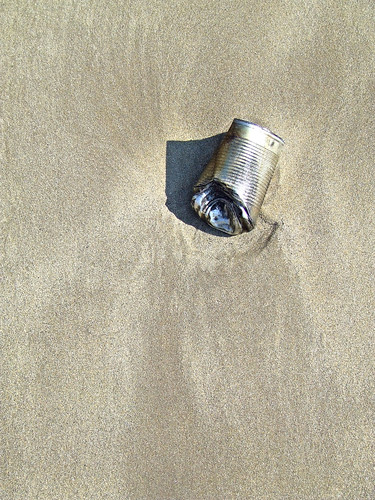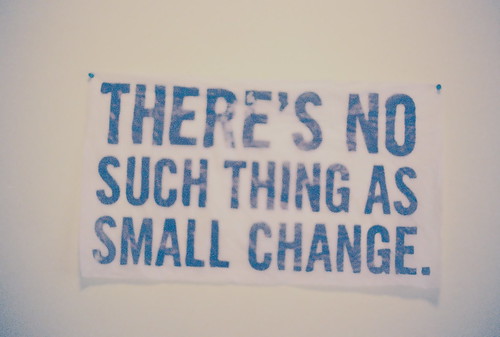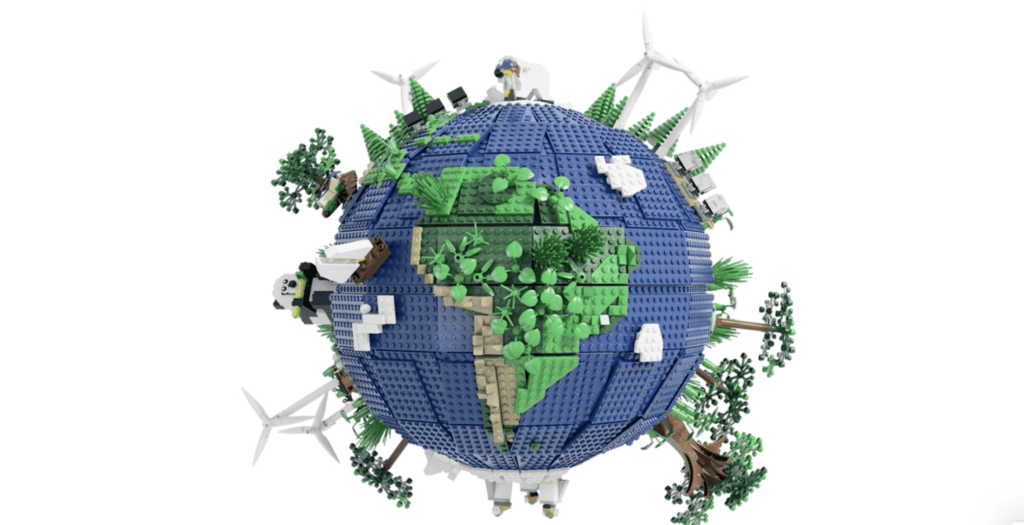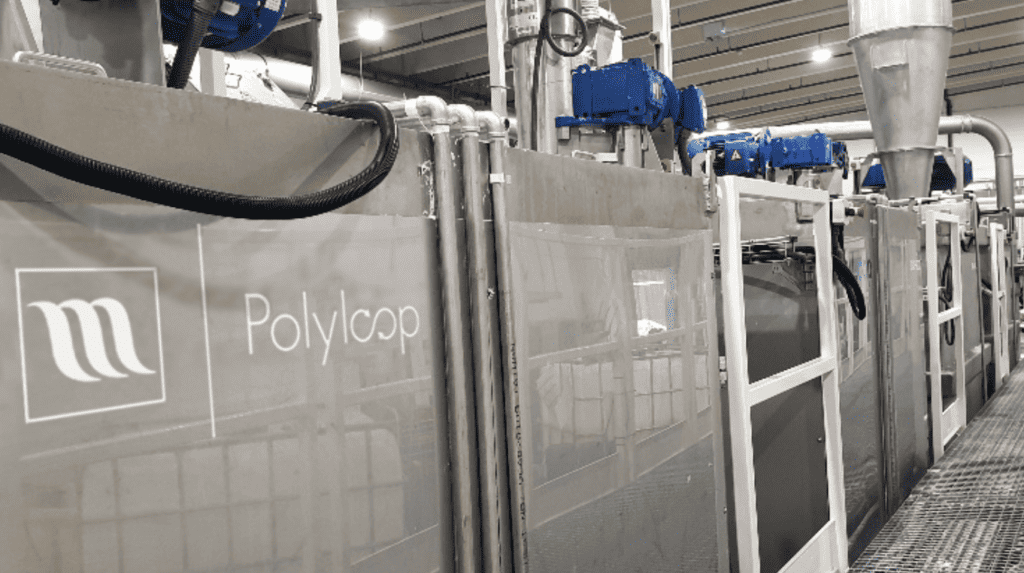A change is upon us
The Department for Environment, Food and Rural Affairs has released the initial proposals to a much needed and highly important study. The DEFRA funded research will be undertaken by a collective pool of food and drink producers and packaging recycling experts. The end goal is to improve recycling rates, find more viable methods for packaging recycling, and update re-manufacturing for a smaller environmental impact.
The encouragement of these ideas plays into a growing belief that we need to be heading towards a circular economy. The term circular economy is intended as a definition for the flow of products in a circular nature, where items are restored and reused. Recycling within manufacturing is an example of acting within a circular economy.
Systems and industries are adapting and re-designing to meet the needs of a circular economy, which is driven by sharp rises in virgin material prices. In particular, this study will focus on packaging that contains aluminium, like drinks cans and dog food tins. It is estimated that each year at least 160,000 tonnes of packaging containing aluminium enters our domestic marketplace. Participants of the enquiry will create and trial innovative methods of recovering and treating the packaging, and then further delving into recycling collection methods that could boost rates.
The study will be performed by a combination of Nestlé, LRS consultancy, Enval, Sita UK, Coca-Cola Enterprises and Tesco. This mixture of producers, consultants, developers and resource management experts are tasked with pooling their knowledge to bring the UK up to date with other parts of the world. Beyond that, it is hoped that the research discoveries will allow for a framework to be made that allows the UK to become an international role model in packaging recycling.
Growing a circular economy
A new report by the House of Commons Environmental Audit Committee titled ‘Growing a circular economy: Ending the throwaway society’ has highlighted the key areas for change in our approach to waste. Ideas such as cutting VAT on recycled products, banning food waste from being sent to landfill and creating a uniform guidance on recycling collection could all benefit the economy in a big way. Other ideas include changing manufacturing materials to reduce the environmental impact or increase the likelihood of things being recycled as well as offering some sort of service. Many businesses will now take back their old products to be recycled efficiently.
Joan Walley MP, chair for the Environmental Audit Committee has shared her wealth of knowledge on the matter: “We had throwaway economics in the past, but that disposable society simply isn’t sustainable in the twenty-first century. Less than half of all the stuff we throw away each year is recycled and turned back into something useful, despite prices for raw materials rising across the world,”
“Global food prices have roughly doubled since the beginning of the century, metal prices have trebled, and energy prices have quadrupled. These trends look likely to continue as emerging economies expand and the world population grows to 9 billion by 2050.”
“Unless we rethink the way we run our economy and do business in a different way, environmental problems like climate change will get worse and the cost of living and doing business in the UK could continue to rise.”
“The good news is that with the right Government support we can stimulate UK manufacturing, create jobs, grow our GDP and reduce our environmental footprint. We have to create a more circular economy that rewards innovative businesses, values natural capital, and is resilient in the face of global resource prices.”
Across all industries and areas of government there is a unanimous agreement that recycling towards a circular economy makes both economical and environmental sense. It has been suggested that the idea to link taxation to the impact a product has environmentally is something that could be approved and applied in the very near future. This change would hopefully. encourage a change in production mentalities at root level.
Home » Plastic Recycling News | Revamping packaging recycling

Plastic Recycling News | Revamping packaging recycling
Whats on this page?
Related Post
Popular posts
Key Takeaways The country with the most spotless streets includes Japan, where a series of waste management laws in the
What Is A PET Bottle PET stands for Polyethylene terephthalate, a type of plastic that is used to make plastic
What Is A Sustainable Product & The Benefits A sustainable product is a product that uses resources in an efficient
Book a Collection Today!
Contact us today to recycle more plastic waste for your business.










